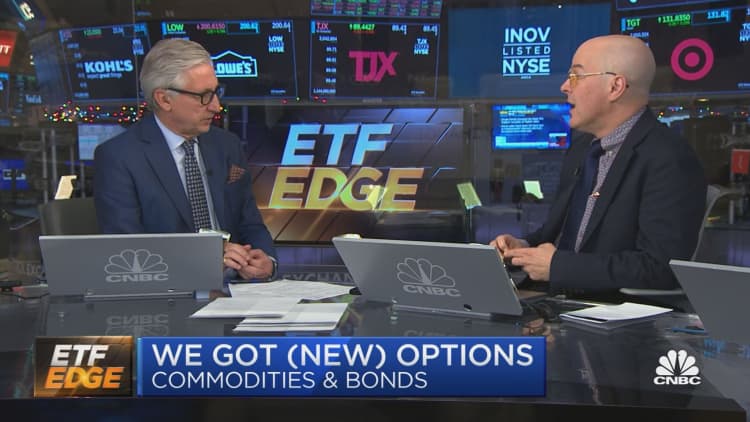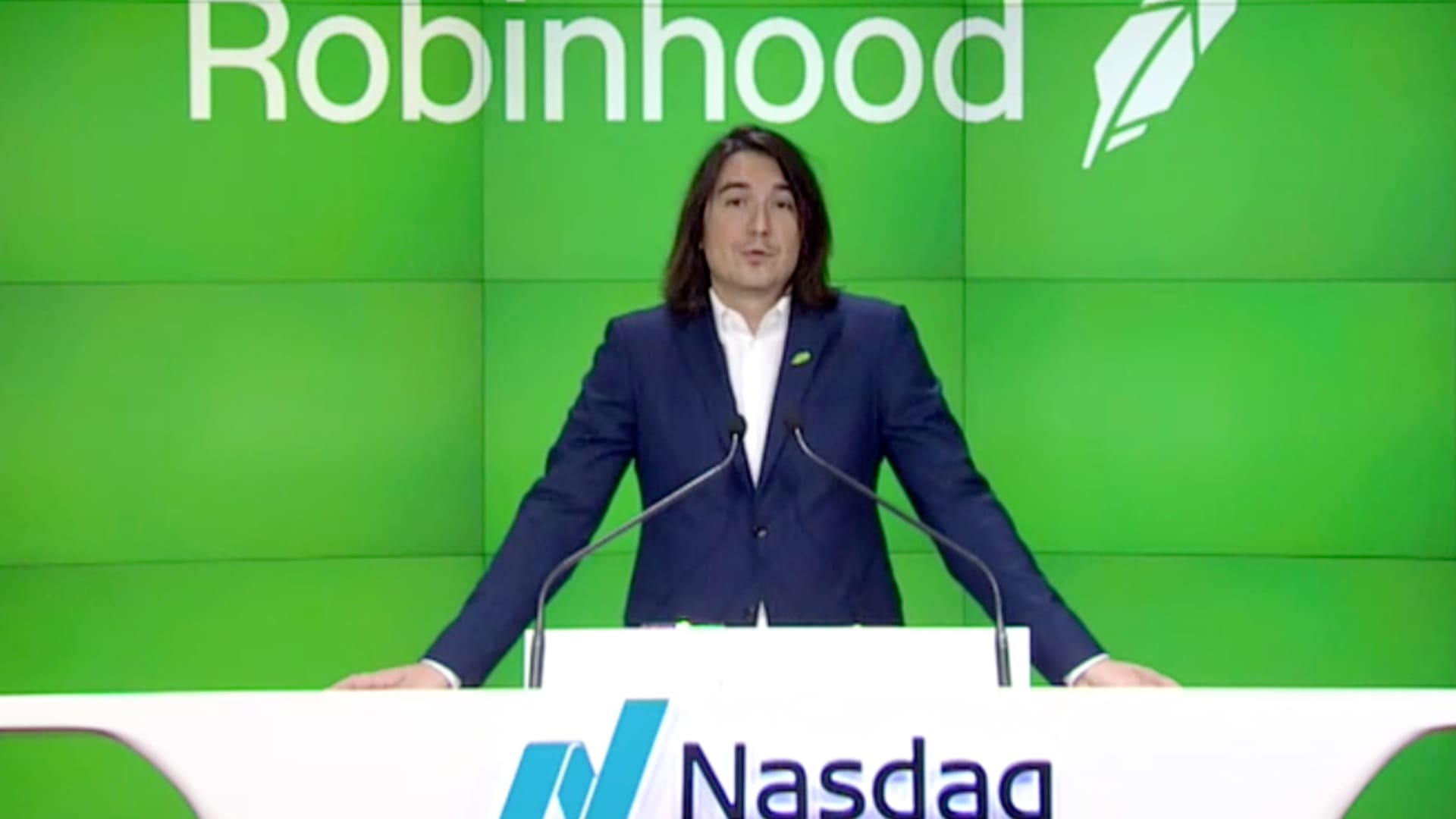
Nasdaq has introduced a series of exchange-traded funds (ETFs) featuring a popular short-term options strategy known as “zero-days to expiration” or “0DTE.” The newly launched ETFs include the United States Oil Fund (USO), United States Natural Gas Fund (UNG), SPDR Gold Shares (GLD), iShares Silver Trust (SLV), and iShares 20+ Year Treasury Bond ETF (TLT). While the strategy has gained traction in the options market, there are growing concerns among analysts, emphasizing potential risks for undereducated retail investors.
The Zero-Day Options Phenomenon
Zero-day options refer to trades that expire in less than a day, offering a short-term and potentially high-risk strategy. The popularity of such contracts has surged, with the volume of S&P 500 zero-day contracts witnessing a notable increase, rising by at least 40%, particularly compared to the 5% growth observed in 2016, according to data from the Chicago Board Options Exchange (CBOE).
Mixed Reactions
Despite the enthusiasm surrounding zero-day options, there is caution and concern about the potential negative impact on the market. Some experts argue that the complexity of trading these options could pose challenges, especially for undereducated retail investors who might lack the necessary understanding of options market intricacies.
Analyst’s Perspective
Dave Nadig, a financial futurist at VettaFi, expressed reservations about these new ETF offerings. He believes that the products could be problematic for retail investors unfamiliar with options trading. Nadig emphasized caution, particularly given the speculative nature of zero-day options, which inherently carry built-in leverage.
Market Impact
Nadig clarified that while he doesn’t consider the ETFs to be inherently harmful to the market, there is a need for vigilance. He suggested that as long as market participants approach these instruments responsibly, they may not present significant issues. However, there is a concern that the surge in zero-day options activity is predominantly driven by institutions, hedge funds, and day traders, rather than individual investors.
Conclusion
As Nasdaq introduces zero-day options-based ETFs, the financial landscape witnesses a shift in short-term options strategies. The surge in activity raises questions about the potential risks associated with these instruments, especially for less-experienced retail investors. While some see the trend as a natural evolution in market structure, others emphasize the need for education and caution to navigate the complexities of zero-day options successfully.







